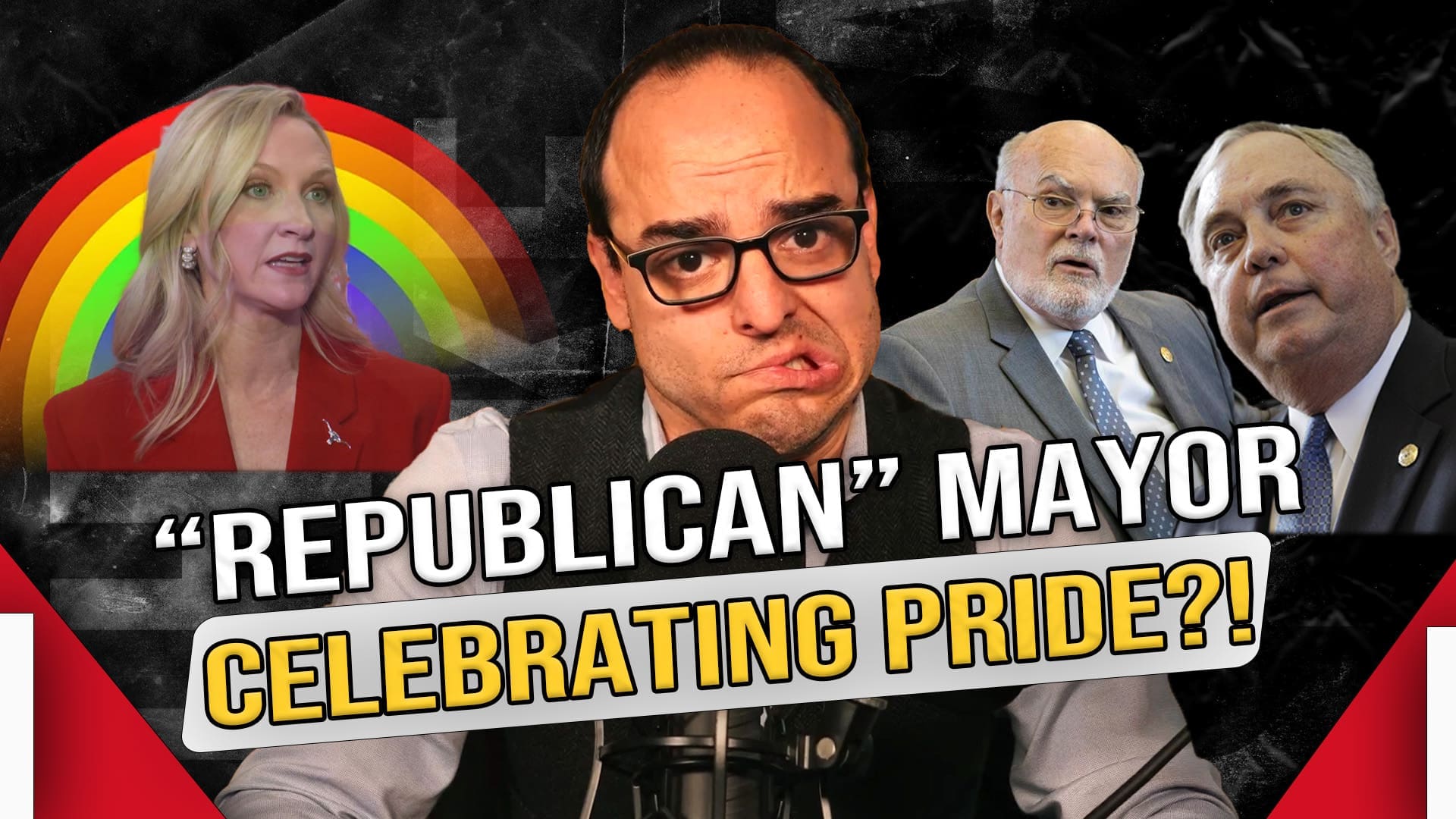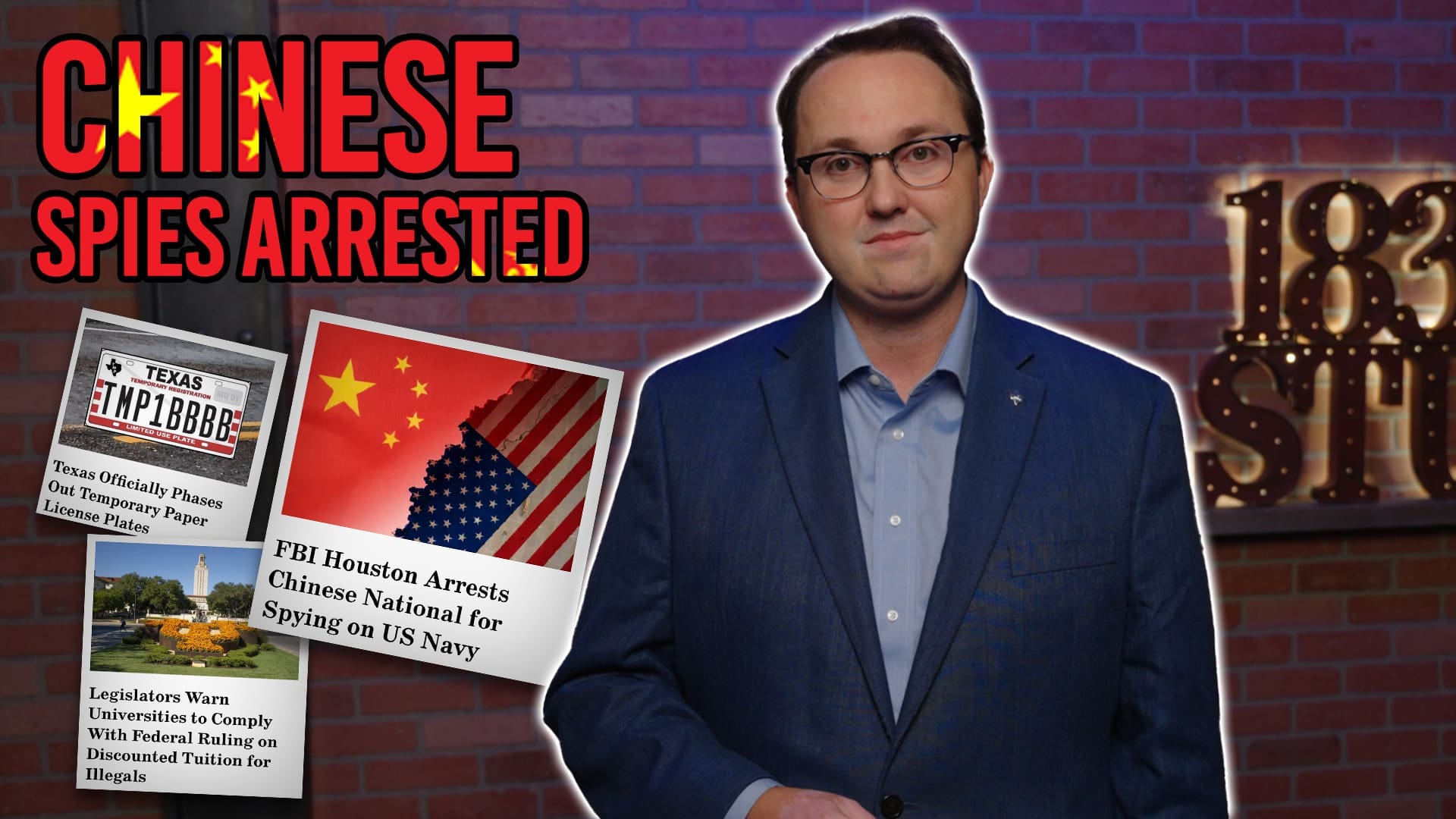This commentary originally appeared in an episode of Texas Scorecard Radio.
In response to President Donald Trump’s continued criticism of the news media, a chorus of newspaper editorial boards recently denounced his comments as destructive to democracy. But are their defenses fact or just more fake news?
Organized by the Boston Globe, newspapers across the country recently published editorials criticizing the President and defending themselves against charges of fake news.
“Who will bring attention to the problems we experience every day if the press isn’t there to report it? Who will hold government accountable for inaction, corruption and poor decisions if the press isn’t there to shed light on them?” asked the New York-based Queens Courier.
But every Texan should ask themselves another question, “How is relying on the so-called “press” to hold elected officials accountable working out for you?”
These so-called defenders of the public interest and guardians of the truth are perpetually silent regarding inaction, corruption, and poor decisions at every level of Texas government.
They were mum or willing allies of corrupt lawmakers and bureaucrats during the University of Texas admissions scandal. They were mum or willing allies when State Rep. Byron Cook made war upon the speech rights of Texans, hijacking an ethics bill and perverting it into an assault on the First Amendment. And hey’ve been mum or willing allies of a system that has allowed rampant sexual abuse within the halls of the Texas Capitol.
In each case, it wasn’t the Texas legacy media that broke the story or held lawmakers accountable. No, no one at the Houston Chronicle, the Dallas Morning News, or the San Antonio Express covered these events. Instead it was the people did.
At UT, it was Regent Wallace Hall, a conservative businessman who personally launched the investigations into corruption in the admissions system and doggedly persevered despite costly legal battles.
With Byron Cook’s assault on the First Amendment, it was individuals in his own district who ignored the glowing praise afforded him by the mainstream media and organized campaigns against him—forcing him to announce his “retirement” a year ago.
And with the Capitol’s culture of abusing women, it was everyday citizens with camcorders that began breaking the story. And when they started being effective, the mainstream media partnered with lawmakers to try to silence them.
But back to the boastful newspapers:
The Beaver County Times wrote: “Journalists are the eyes, ears, and voice of the people we serve. We sit at school board meetings so you know who the next principal will be. We attend the town council meetings so you know which company is building in your backyard.”
“We journalists sit through boring government meetings and learn about school financing formulas so you don’t have to,” bragged the Arizona Daily Star.
These people apparently envision themselves as some sort of lobbyists for their subscribers. Eyes and ears for the people, maybe. But should newspaper writers really think of themselves as the people’s voice too?
We at Texas Scorecard have a different philosophy.
We want you to know not just the name of your next principal, but what his qualifications are, what he’s getting paid, and whether he is someone you can trust. When a company sets up in town, we want you know how that’s going to impact you and whether any of your tax dollars were handed over to bring them in.
More important than that, we want you to know when and where those school board and city council meetings are being held, so that you can go to them yourself let them know what you think.
You know you can’t rely on the legacy media to be your eyes and ears, much less your voice. You must make your own voice heard. Government officials are your public servants after all, and how can they know what they ought to do unless you tell them?
The “freedom of the press” doesn’t belong to the dinosaur media just because they own a money-losing newspaper. When our founding fathers referred to the press, they meant the printing press, not some arrogant group of writers who envision themselves as intermediaries between the people and their government. Freedom of the press means the freedom to speak, publish, and be heard, and it’s the birthright of every American.
And here at Texas Scorecard our mission is to give you the tools you need so that you can find your own voice and make it heard in the halls of power.





